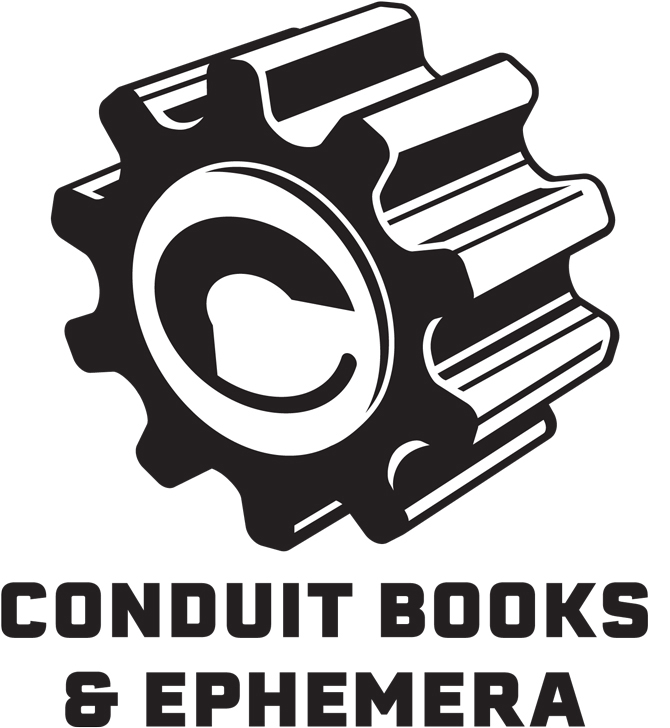According to some astrological predictions, the “Cancer season” we entered this week is particularly auspicious thanks to a new moon influenced by Jupiter, the planet of good fortune. So why not try your luck by applying to some contests with a July 15 deadline? Among the awards are a $20,000 prize for a published story collection; a $15,000 prize for a poem; a $1,000 prize for a poetry collection; a $1,000 prize for a novel; and $1,000 prizes for individual poems, short stories, essays, and works of flash fiction. All contests offer a cash prize of $1,000 or more. May Jupiter’s benefic beams shine upon you, writers!
Cincinnati Review Robert and Adele Schiff Awards: Three prizes of $1,000 each and publication in Cincinnati Review are given annually for a poem, a short story, and an essay. Rebecca Lindenberg will judge in poetry, Michael Griffith will judge in fiction, and Kristen Iversen will judge in nonfiction. All entries are considered for publication. Entry fee: $20.
Comstock Review Muriel Craft Bailey Memorial Award: A prize of $1,000 and publication in Comstock Review is given annually for a single poem. Ellen Bass will judge. All entries are considered for publication. Entry fee: $27.50 (or $5 per poem via postal mail).
Ghost Story Screw Turn Flash Fiction Competition: A prize of $1,000 and publication on the Ghost Story website and in the 21st Century Ghost Stories anthology is given twice yearly for a work of flash fiction with a supernatural or magical realism theme. The editors will judge. Entry fee: $15.
Narrative Poetry Contest: A prize of $1,500 and publication in Narrative is given annually for a poem or group of poems. The poetry editors will judge. All entries will be considered for publication. All entries are considered for publication. Entry fee: $25.
Rattle Poetry Prize and Reader’s Choice Award: A prize of $15,000 and publication in Rattle is given annually for a single poem. A Reader’s Choice Award of $5,000 is also given to one of ten finalists. The editors will judge the Poetry Prize, and subscribers and entrants will judge the Reader’s Choice Award by vote. All entries are considered for publication. Entry fee: $25.
Regal House Publishing’s Petrichor Prize for Finely Crafted Fiction: A prize of $1,000 and publication by Regal House Publishing is given annually for a novel. The editors will judge. Entry fee: $25.
Story Prize: A prize of $20,000 is given annually for a short story collection written in English and published in the United States in the current year. Two runners-up receive $5,000 each. The $1,000 Story Prize Spotlight Award is also given for an additional short story collection “of exceptional merit.” Larry Dark and Julie Lindsey will judge the three finalists and the Spotlight Award winner; three independent judges will choose the Story Prize winner. Entry fee: $75.
Word Works Tenth Gate Prize: A prize of $1,000, publication by the Word Works, and 30 author copies is given annually for a poetry collection by a poet who has published at least two full-length books of poetry. Felicia Zamora will judge. Entry fee: $25.
Visit the contest websites for complete guidelines, and check out the Grants & Awards database and Submission Calendar for more contests in poetry, fiction, and creative nonfiction.





